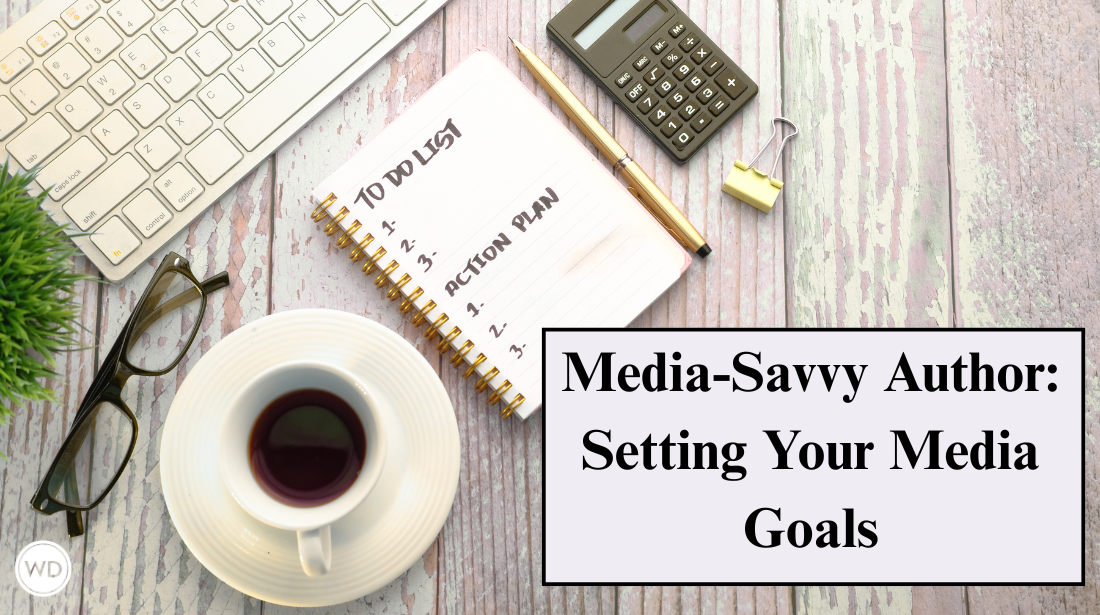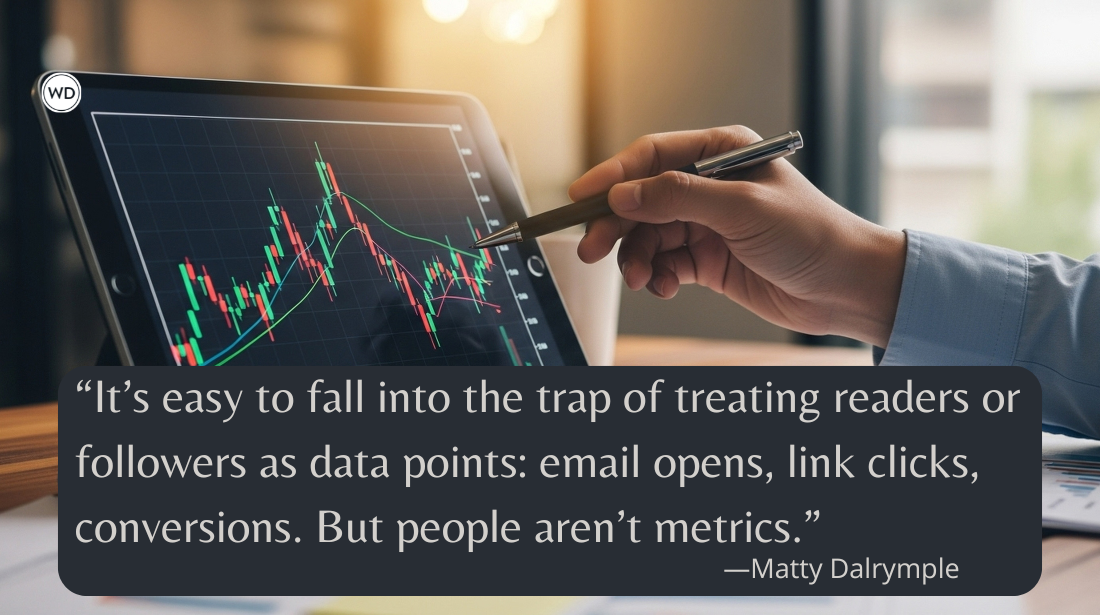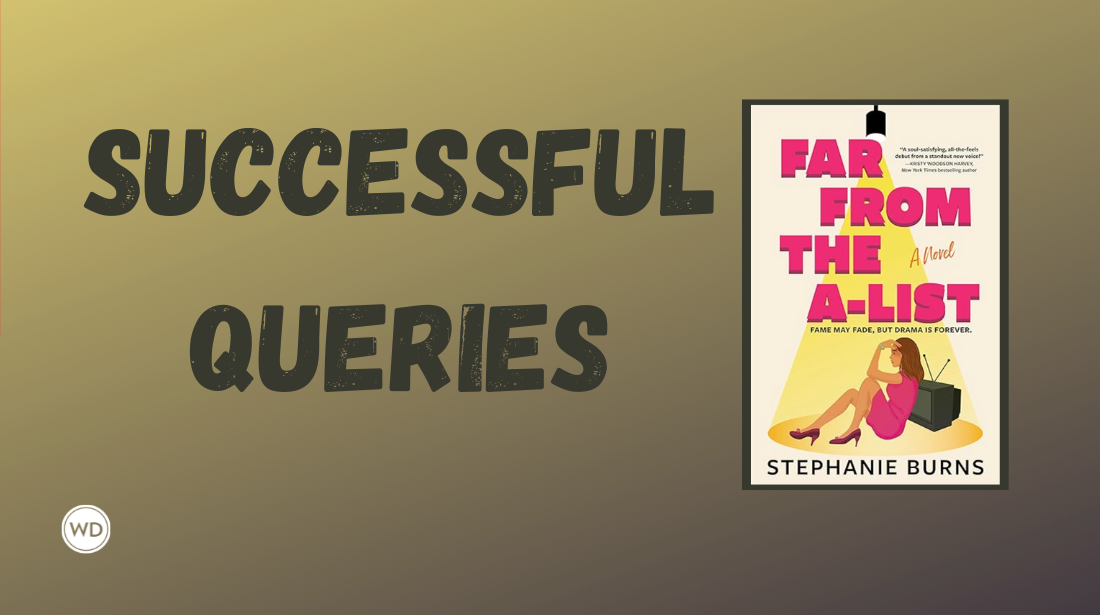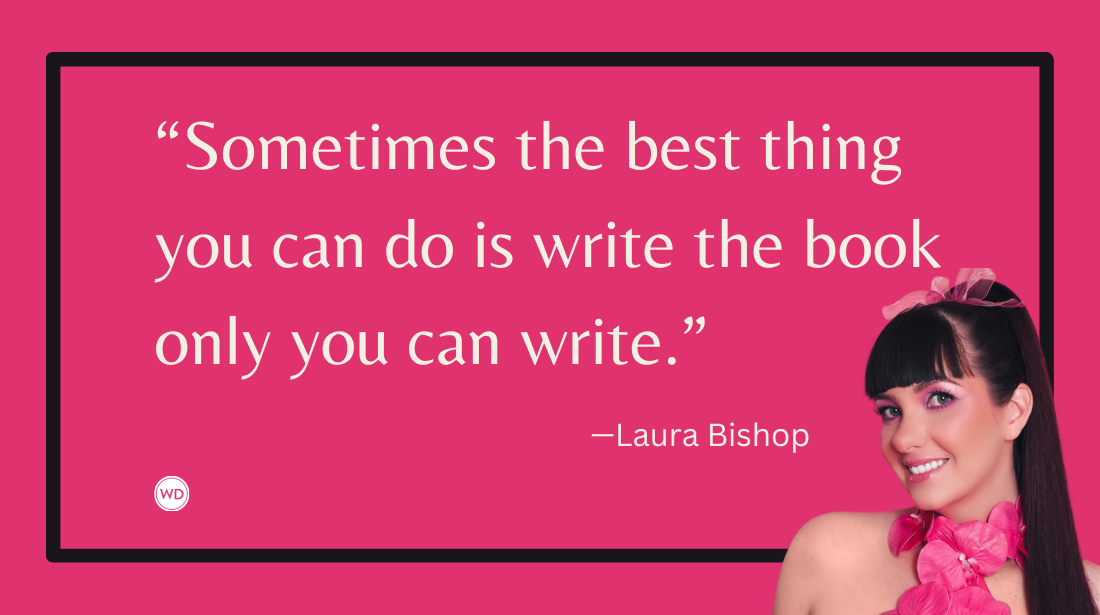Craft a Salable Nonfiction Hook
As promised, I am critiquing two nonfiction book concepts that were submitted in the comments of my post yesterday. (Background: If you’re one of the first 50 people to sign…
As promised, I am critiquing two nonfiction book concepts that were submitted in the comments of my post yesterday. (Background: If you're one of the first 50 people
to sign up for my webinar on Jan. 29, you'll get a personalized
critique of your book's hook, up to 100 words. So far, we have about 7
seats left until we reach 50. You can register here.)
Here's a nonfiction book concept submitted by Deborah:
Have you ever wanted to do something but told yourself it wasn’t
possible? In “Honey, This Isn’t Walden,” you’ll read the story of a
woman who dragged her professor-husband and three kids to 32 acres in
the middle of nowhere to start a 19th century homestead. With no
background in animal husbandry or farming, the family starts raising
goats, pigs, chickens, and other animals, as they try to grow their own
food in an organic garden. After laughing, crying, and shaking your
head as you read about their mistakes, you’ll wonder what’s stopping
you from doing what you’ve always wanted.
Here's
the first stage of revision; I have made up some details that may not
necessarily be true but can be adjusted as needed.
“Honey, This Isn’t Walden":
How a wife and mother of three, without any experience in rural life,
takes her urban and professorial family to live on 32 acres in Nowhere,
Kansas, where they undertake animal husbandry and organic gardening.
Step
two would be figuring out more specifically from the author what big
thing CHANGED for the family. While it can be a lesson about doing what
you've always wanted, there does need to be some kind of story arc
where we have a major conflict that has to be resolved (not just a
series of charming anecdotes). Is a broken marriage repaired? Do kids
kick drug habits? These are dramatic examples, but you get the idea.
Or, if this book really is just a series of charming anecdotes, it will
be tougher to sell—and will need a catchier or more intriguing title,
like "How Animal Husbandry Brings Families Together." (A more
intriguing title in general is recommended.)
Here's a nonfiction book concept submitted by Cathy:
In "Thrifty Girl: Tips and Survival Strategies for Guilt-Free Spending
in the Real World," Ms. Shouse, a Chartered Financial Consultant with
16 years experience, and more importantly a mom and wife seeking
economic sanity, advises to stop thinking of money management as a
dirty word but to seek an enlightened view of finances.
"They call it personal finance because it's personal and so-called
experts should stop telling people what they can and can't do," she
says. "My methods teaches readers to achieve their unique money goals
by design and have a ball doing it."
Here's how I would revise; again I'm taking liberties with the actual book content to illustrate how to improve.
"Stop
Listening to the Financial Experts: An Action Plan for Guilt-Free
Spending in the Real World" offers a customizable 12-point plan that
encourages you to ignore the finance experts and spend in areas that
matter to you—putting the "personal" back in personal finance. Authored
by a financial consultant with
16 years of experience, this book shows you how to take a more enlightened
path to money management that doesn't feel dirty, accomplishes your
unique long-term goals, and leaves you at peace at the end of the day.
You might even have fun while doing it.
The
key here is to focus on concrete benefits the book is going to deliver.
The author's credentials (in a nonfiction book hook this brief) should only be
mentioned as a way to clarify the author's authority or expertise. I
also amended the title to be more attention-grabbing, because for me,
the best thing about this book's positioning is that it will teach you
how to manage your money based on personal qualities you have, and not
some strange, alien economic or financial principles you're not familiar with and might not comprehend.
Now that I've given my two cents, what do you think? How could these be further improved? (Sometimes I miss some real obvious improvements!)
Jane Friedman is a full-time entrepreneur (since 2014) and has 20 years of experience in the publishing industry. She is the co-founder of The Hot Sheet, the essential publishing industry newsletter for authors, and is the former publisher of Writer’s Digest. In addition to being a columnist with Publishers Weekly and a professor with The Great Courses, Jane maintains an award-winning blog for writers at JaneFriedman.com. Jane’s newest book is The Business of Being a Writer (University of Chicago Press, 2018).









